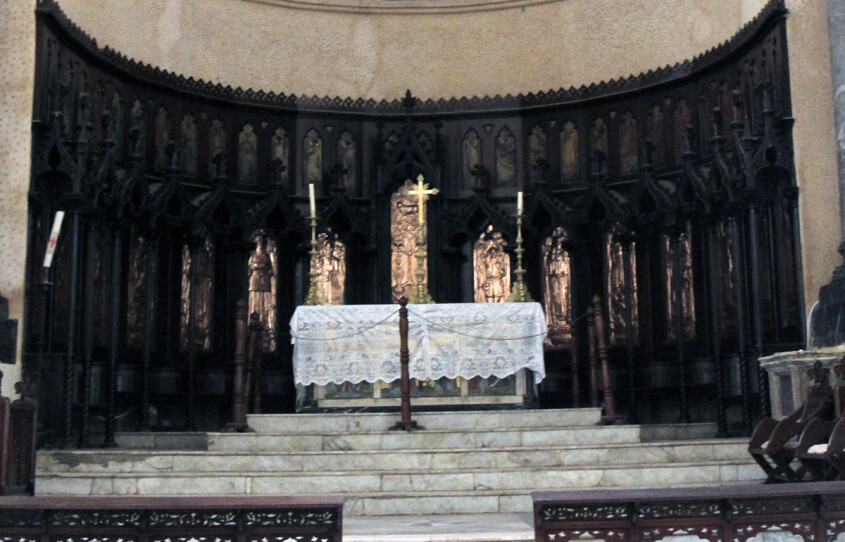The Prophets as Lenten Guides
I am helping with a catechetical project, one of whose topics, ‘the prophets,’ fell into my basket. To jog my memory I read The Message of the Prophets by Gerhard von Rad (which, by the way, is an excellent book). While I didn’t set out to read it as a Lenten spiritual discipline, it turned out to be that!
We come up against things over which we have no control, and we resist! It frustrates us, especially that particularly American part of us which would make a plan to set about changing whatever needs to be fixed. But sometimes it can’t be fixed. Sometimes you can’t get there from here. Sometimes there is nothing for it but to wait, of which charism some of us have a short supply. Reality proves recalcitrant, and. It is then our inner selves with which we have then to come to terms.
At the heart of the prophetic message to the exiles was this: God’s arm may to some seem short, and others may wonder where He has gotten to. But in fact He is the Lord of a far wider expanse than you and I can imagine. He reigns over all nations and all history, and He has placed us where we find ourselves, particularly in its frustrations and intransigences, to be his witnesses. The synagogue of the people of God is in a neighborhood of Babylon, since He stakes His claim of Lordship there too. There we are to plant vineyards, to marry and to be given in marriage. Exile is where we learn how vast His Lordship is! He has the power to make us grateful for the constrictions within which we hear this expansive Word.
Secondly, the particular profile of the prophets is to announce that God is doing a new thing! The old has worn out and proved futile. But this new thing God is doing follows the very shape and purpose of His promise of old. For God the radically new is His making good on His promise of old. For us the two are opposites, but not so for Him. The exodus to freedom, the law that frees, the atonement for sin, the dry bones come to life: in Jesus all these receive their ‘Yes.’
Finally, what is required of us: to be witnesses, watchmen, disciples of His Word, ‘near to you, in your mouth and in your heart.’ Where being a watchman may lead you cannot tell, nor I, but it is our imperative, enough and more than enough. It is what Christ puts in your hand, today, as Luther liked to say. Then you and I can exercise our prophetic ministry, wherein, confined though we be, we can confess that ‘Jesus is Lord.’
Peace
+GRS




